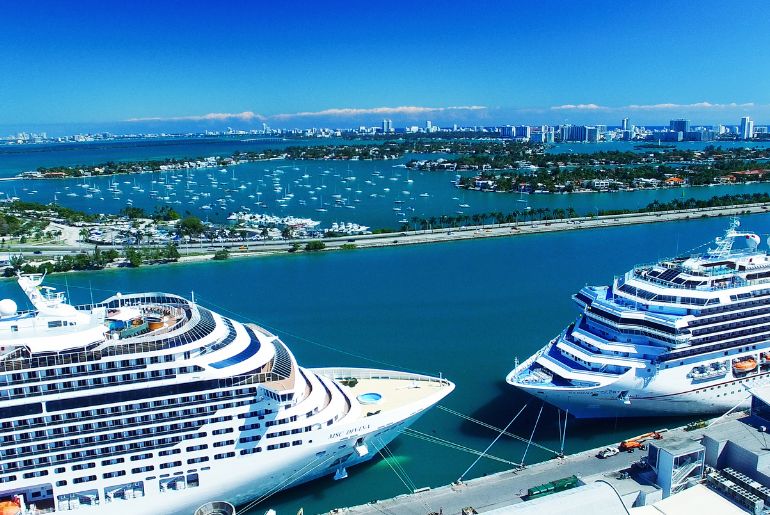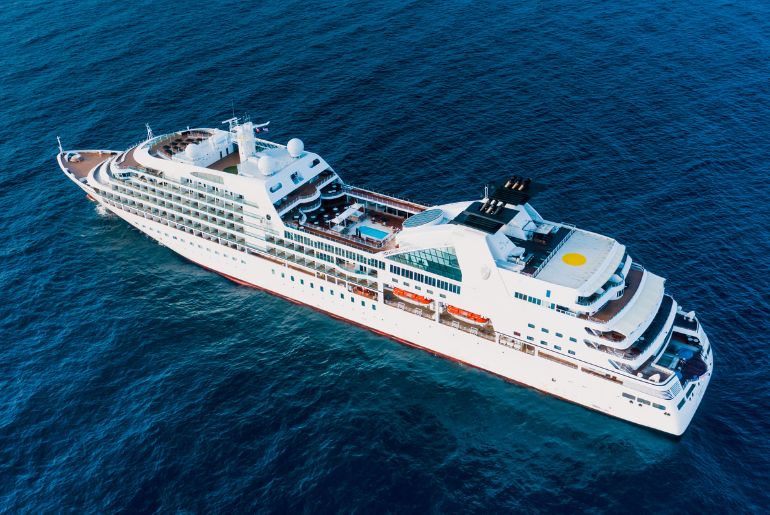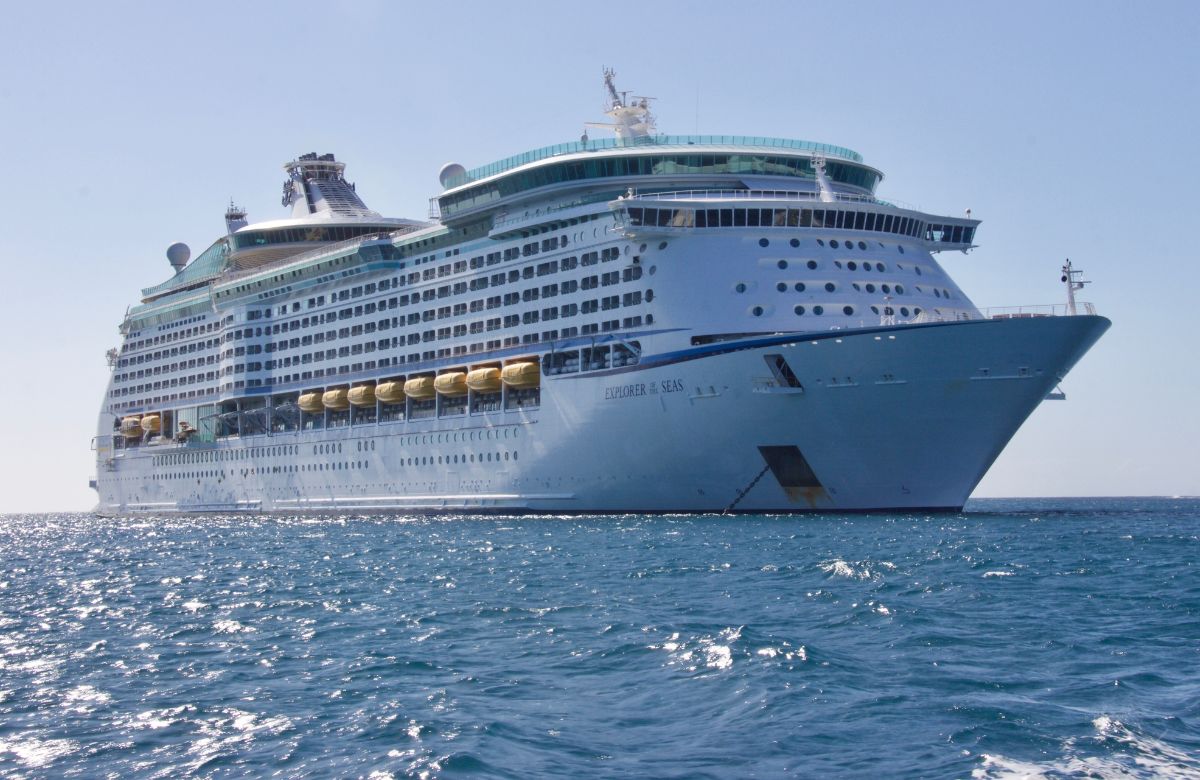Cruise ships have long been associated with opulence, relaxation, and adventure. They have given passengers a chance to explore exotic destinations while enjoying luxurious amenities. However, their environmental impact has come under scrutiny in recent years. There have been concerns about pollution, waste generation, and the destruction of fragile marine ecosystems.
The Current State Of The Cruise Industry

Cruise ships are often massive floating cities, accommodating thousands of passengers and crew members. While they offer unparalleled comfort and entertainment, they are also notorious for their high levels of emissions and resource consumption.
A research done in 2022 by the European Federation for Transport & Environment revealed that cruise ships alone in Europe released more hazardous gases than 1 billion cars! The study found that the ships released about 509 tonnes of sulphur oxides, which is noteworthy to note because it represents an increase from pre-pandemic values.
The sheer size of cruise ships means they require vast quantities of fuel, contributing to greenhouse gas emissions and climate change. They are also energy-intensive, consuming electricity for lighting, air conditioning, and other amenities. Moreover, the sheer number of visitors in a short period can lead to overcrowding, damaging the very attractions that draw people to these destinations.
Also Read: The Netherlands Capital, Amsterdam Will Be Banning Cruise Ships To Curb Pollution, Overtourism
Are There Efforts Towards Sustainability By These Cruise Ships?

Recognising these issues, the cruise industry has made some strides towards becoming more environmentally responsible. According to an article published by the Times Of India, the managing director of CLIA UK & Ireland, Andy Harmer, responded to the environmental impact of the cruise industry. He stated that the sector is steadfastly devoted to advancing its sustainability initiatives. Additionally, the industry has promised to achieve ‘net-zero carbon’ cruising by 2050 and to make zero-emission ships and fuels widely available by 2030.
Improved waste management systems onboard ships and recycling initiatives aim to reduce the environmental footprint of cruises. Some cruise lines have even eliminated single-use plastics. Some are transitioning from heavy fuel oil to cleaner alternatives. Examples would be liquefied natural gas (LNG) and marine diesel with lower sulfur content.
However, according to the same article, one of the biggest cruise lines in the world has been exposed for discharging waste oil off the coast of Britain, discharging plastic garbage in the waters off the Bahamas, and other misdeeds. To make cruises truly environmentally friendly, the industry must continue to innovate and address these challenges.
Well currently, the cruise industry is at a critical juncture, facing both scrutiny and opportunity.
Cover image credits: Canva
First Published: September 13, 2023 6:19 PM



